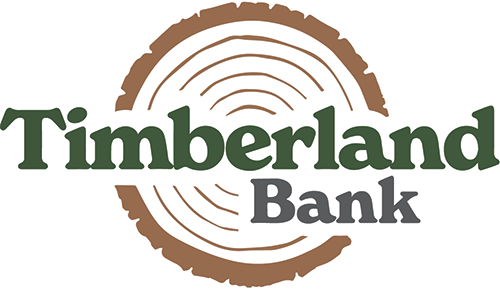
Mortgage Terms You Should Know
Thinking about buying a home? It can be a smart move. It’s an opportunity to build equity and ensure financial stability. Buying a home is also a huge investment and responsibility. So, it’s important to know what you’re getting into. To help you understand the mortgage process, we’ve put together this glossary of common terms.
Amortization. Essentially, amortization is how your mortgage gets repaid when you make regular monthly payments over a fixed period. In the early years of a mortgage, most of your payment will go toward interest on your loan, rather than the principal. However, as you make payments over time, the percentage of your loan that goes toward the principal will increase.
Conventional Mortgage. A conventional mortgage is a mortgage that is not backed by the federal government.
Co-signer. A co-signer is another party who agrees to take legal responsibility for the mortgage along with you. A co-signer can make it easier for you to qualify and help you get a better rate.
Debt-to-income ratio (DTI). This is a calculation lenders use to qualify you for a loan. It’s basically the percentage of your monthly income that goes toward the debt you owe. DTI is calculated by dividing your total monthly debt by your total monthly income.
Deed. The deed is a legal document that transfers the ownership of a home from the person selling the home (the grantor) to the buyer of the home (the grantee).
Escrow. An escrow account is an account set up by a lender to help cover expenses related to the home, such as property tax and home insurance. If a lender uses an escrow account, a portion of your mortgage payment will be set aside in your escrow account and used to pay your property tax and insurance.
Fixed-rate mortgage. A fixed-rate mortgage is a mortgage that offers a fixed interest rate that will not change for the life of the loan. As a result, your monthly payments will stay the same.
Points. Also known as discount points, points represent prepaid interest and 1% of the loan amount. So, if you want a lower interest rate, paying points can help you.
Pre-approval. A pre-approval is a preliminary approval from a lender that outlines how much they will lend to you based on an initial review of your credit, income, assets, and debts.
Principal. The amount you borrow for the mortgage.
Private Mortgage Insurance (PMI). PMI is insurance that lenders may require you to pay for when you put less than 20 percent down on the property.
Rate Lock. To protect home buyers from the risk of rising interest rates, lenders allow you to lock in an interest rate for a period of time (usually between 30 and 120 days). This ensures you won’t pay a higher rate if interest rates rise during the application process.
Title. The title is an important legal document that is proof of home ownership. The title includes the description of the home and the names of the owners of the property.
Title insurance. Title insurance helps protect homeowners and lenders from losses due to problems or defects with a property title.
Underwriting. This is the process where the lender verifies your income, assets, and debts to approve you for a mortgage.


